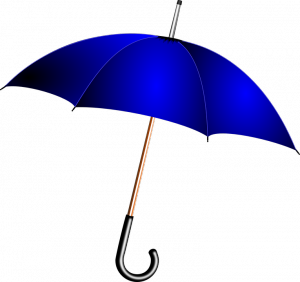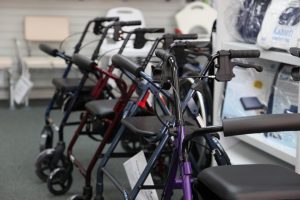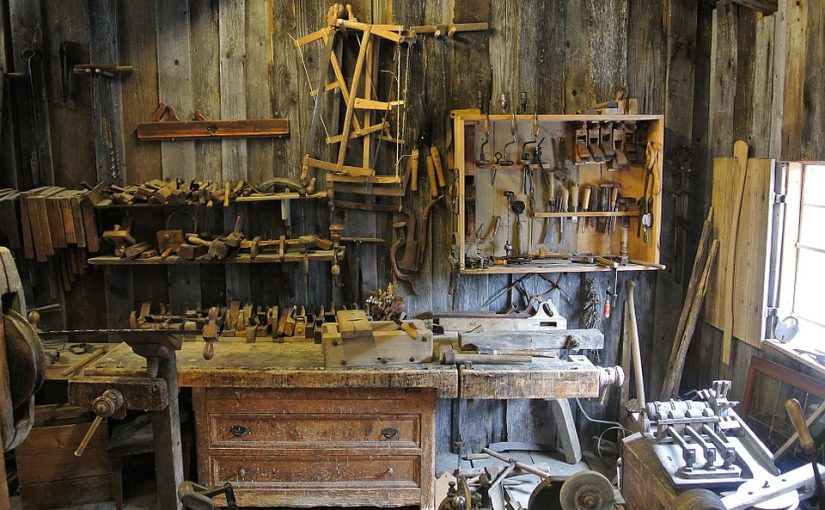Four things to remember when purchasing Inland Marine Coverage.
Inland Marine Coverage is frequently referred to as ‘Floaters’ or ‘Equipment’ Coverage. That is because it is designed to protect equipment that a business owns, leases or rents that is not a vehicle or a piece of property. It is also typically equipment that is going to be transported in some way shape or form. This can include a mower that a landscaping business is transporting to a clients premises or a product being delivered to a customer. Many business owners think this part of their business is covered by their basic general liability policy, but that is incorrect. If they partner with a good insurance agent they know what is and what is not covered by each of the policy they may or may not be purchasing for their business. If you find that inland marine coverage is right for your business, here are four things to keep in mind in relation to this policy.
- Choose an agent who partners with many carriers and not just a select few.
- Determine the proper classification code for your business.
- Inventory all equipment that needs to be protected under the policy.
- Establish a good working relationship with your Insurance Agent.
Choose an agent who partners with many carriers and not just a select few.
By choosing an agent who partners with many different carriers you are allowing yourself to let the insurance agent shop the policy for you. Some agents work with only one carrier or just a select few carriers. This means they are not able to make sure you are getting the absolute best coverage at the best price. You can always shop the coverage around to several agents, but wouldn’t your time be better spent running your business. Finding an agent you trust and who knows your industry well can allow you to let the insurance professionals do their job. It allows you to get back to doing what you do best, which is running your business.
Determine the proper classification code for your business.
Most industries have several classification codes within the industry. Insurance agents and insurance carriers are in the business of analyzing risk. It is in the best interest of their business to always assume more risk until proven otherwise. If you are in a less risky classification code within your industry the agent and carrier are only going to know this if you bring it to their attention. Otherwise they will probably assume your business takes on more risk. This will result in you paying more premium and may cause some claims to not be covered. Now, these mistakes typically do get fixed at the end of term audit, but even when they are fixed you still have been tying up cash into premium you did not owe that could have been used to reinvest in your business. In some cases if you are classified into a less risky class code you will owe more in premium after the audit. In the worst case scenarios your claim may not be covered because you are misclassified and the carrier would not have offered coverage in your higher risk class code.
Inventory all equipment that needs to be protected under the policy.
It is very important to keep an up to date inventory of all the equipment you want listed under your Inland Marine Coverage Policy. Taking pictures of the equipment is a good idea as well because if there is a claim you will get replacement level value for the equipment that is damaged or destroyed. If you have an expensive version of whatever piece of equipment you are covering the best way to prove that is with a picture. Keeping this information on file with your agent and especially your carrier is crucial when a claim does occur.
Establish a good working relationship with your Insurance Agent.
The better relationship you have with your agent the smoother the process will be when you go to renew your policy and when a claim inevitably does occur. If they know you, your business and what is important to you as a business owner they can better insure your business the way you want it to be protected. Some business owners are okay with excepting some of the risk. Other business owners want to be protect to the fullest limits of the policy. The agent can only attempt to cover your business the way you want them to if you let them know what you expect and how you run your business. This relationship can also come in handy when a claim does occur. If you were combative during the quoting process and then your business has a claim six weeks into your term it does not speak highly of the way you operate your business. On the contrary, if you take some extra time to explain all the intricacies of your business and the way in which you want to be insured during the quoting process it starts off the relationship on the right foot. Later when a claim does occur this process will move through much more smoothly and your agent will be much more likely to go to bat for you with the insurance carrier.


 Hammer Clause –
Hammer Clause –  Artisan Contractor –
Artisan Contractor – 



